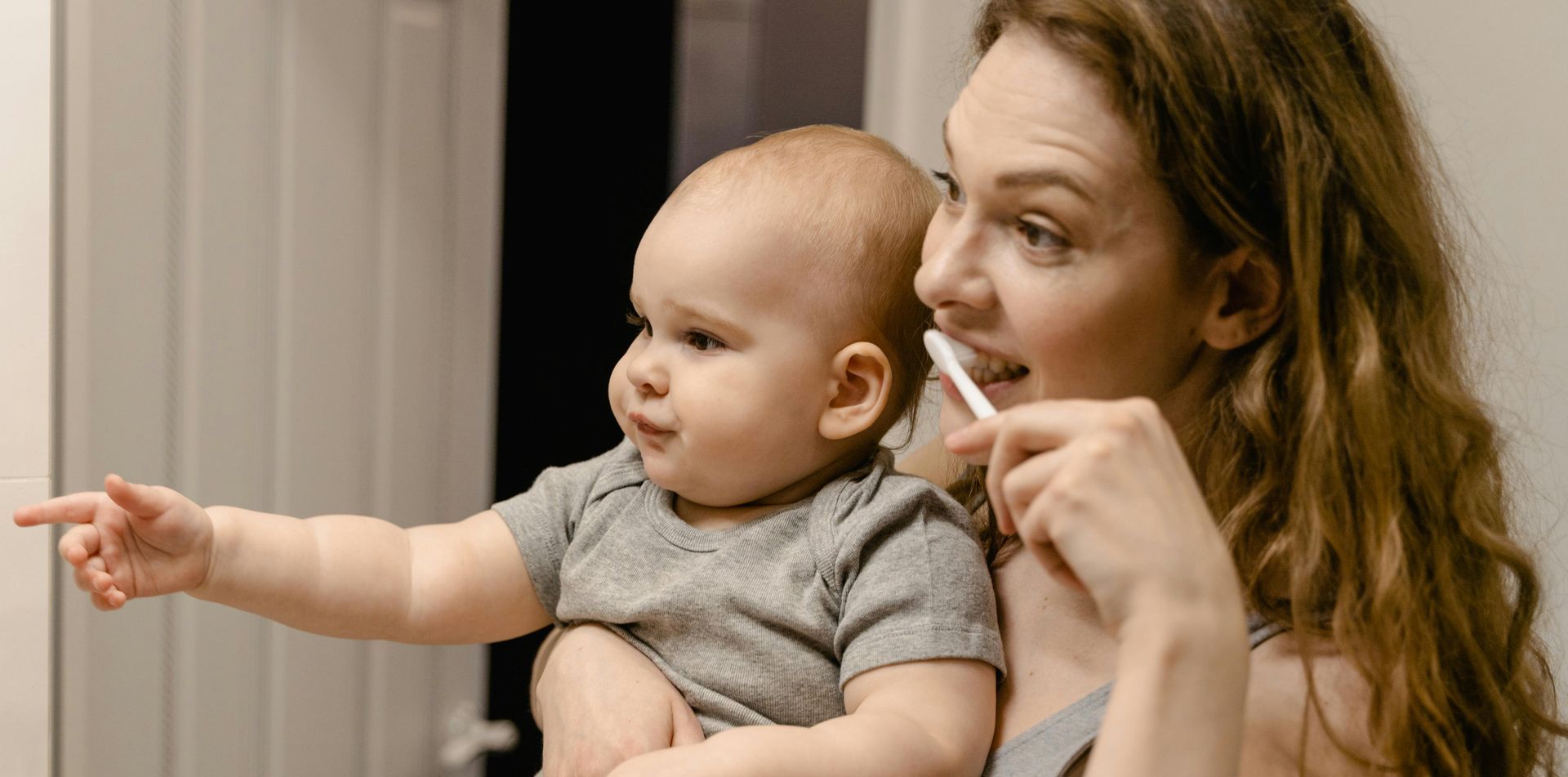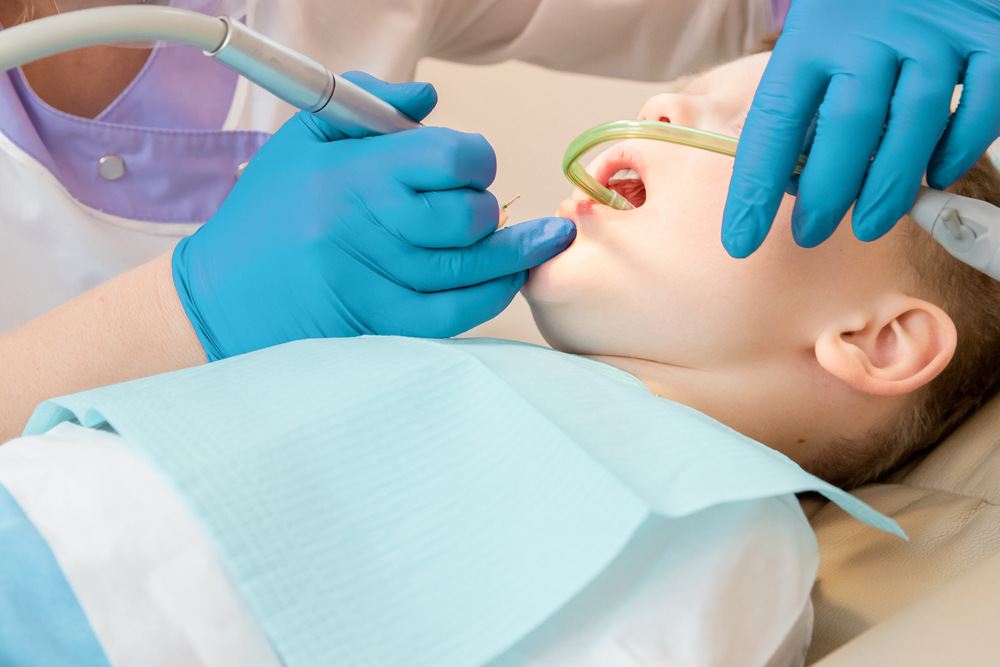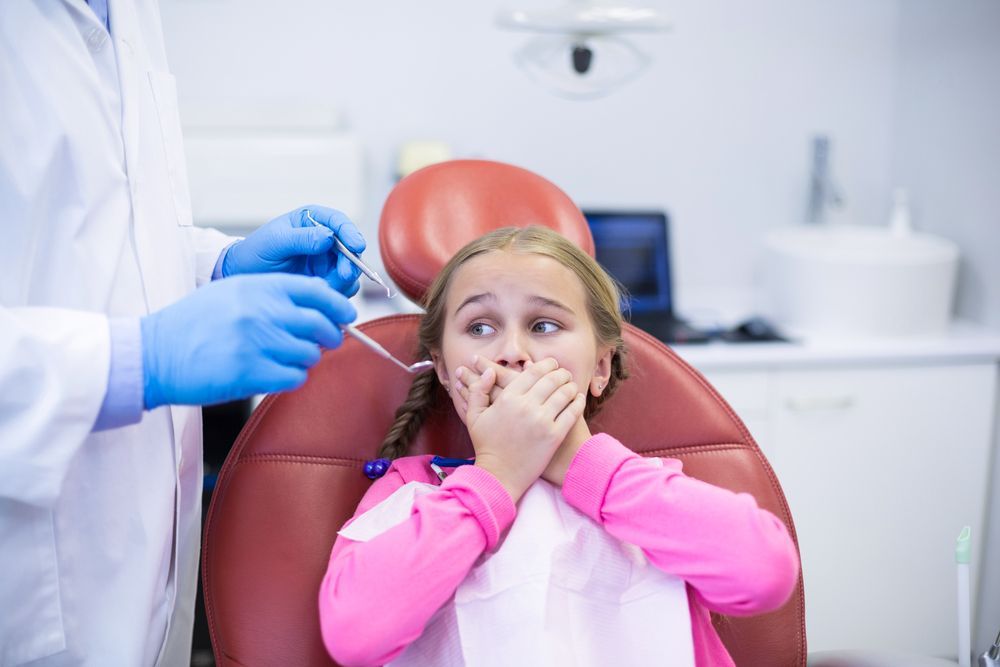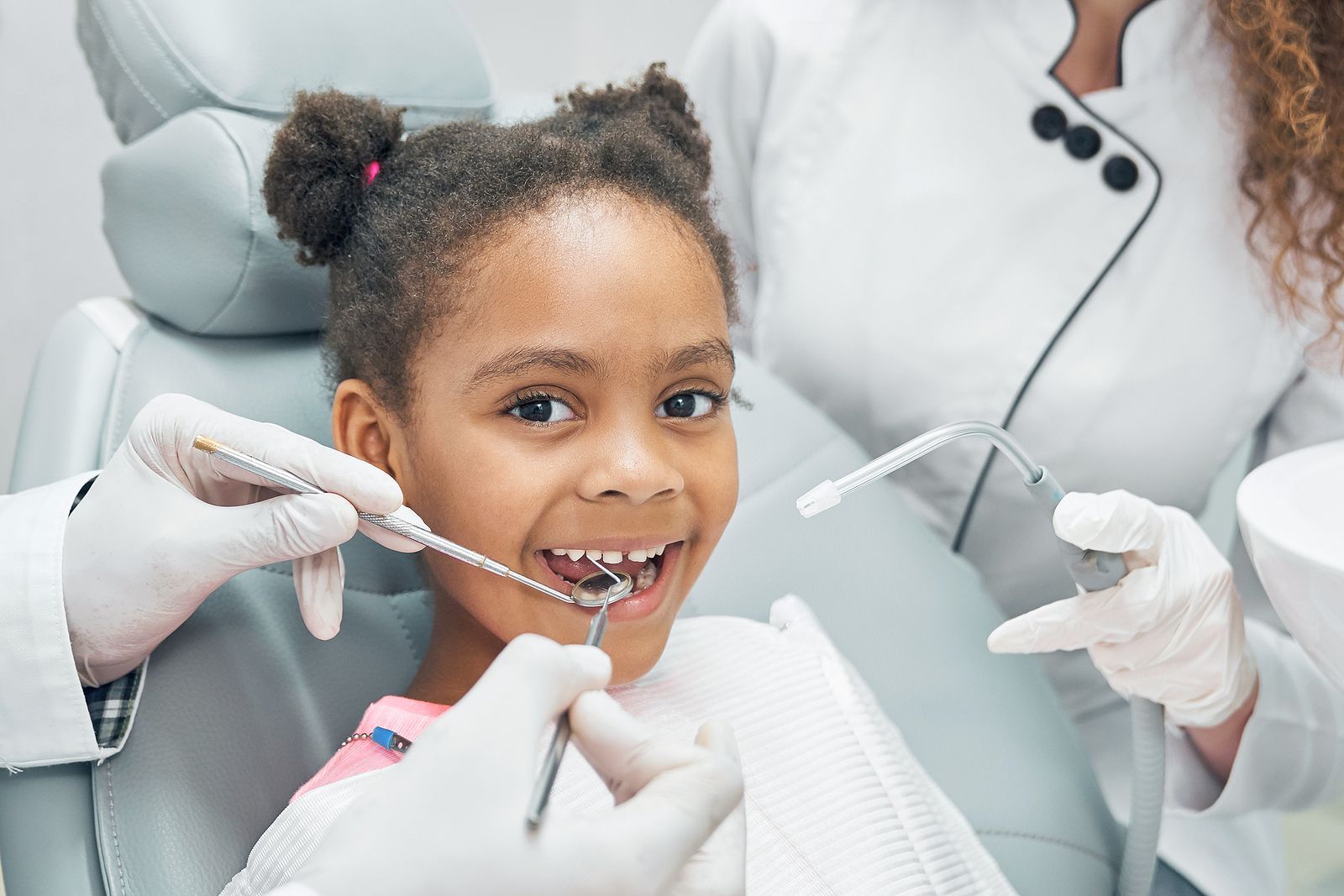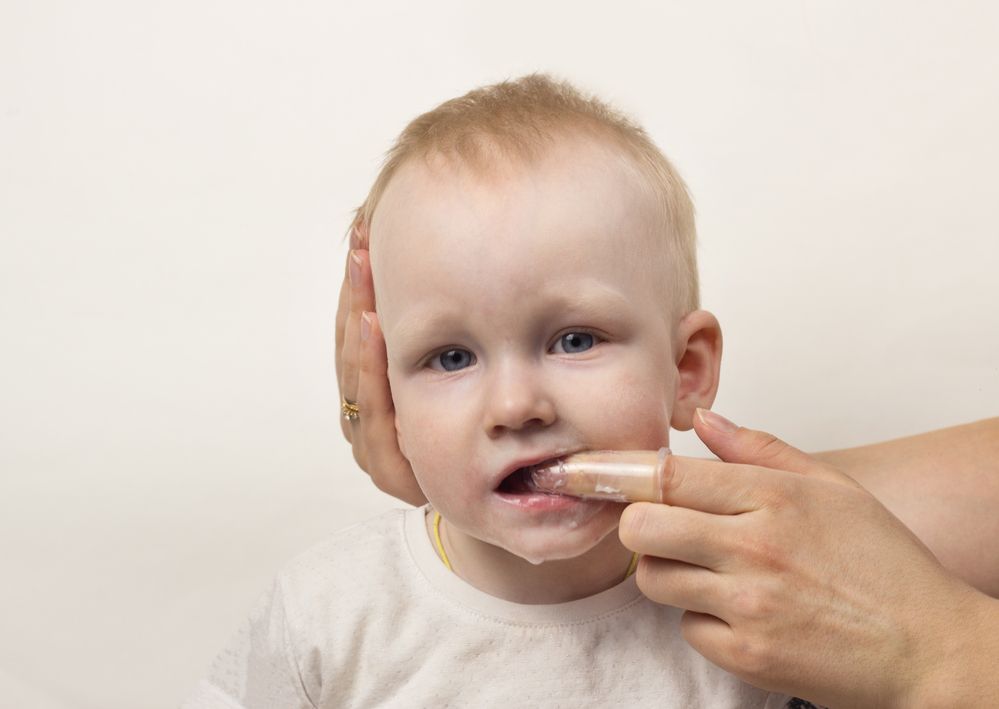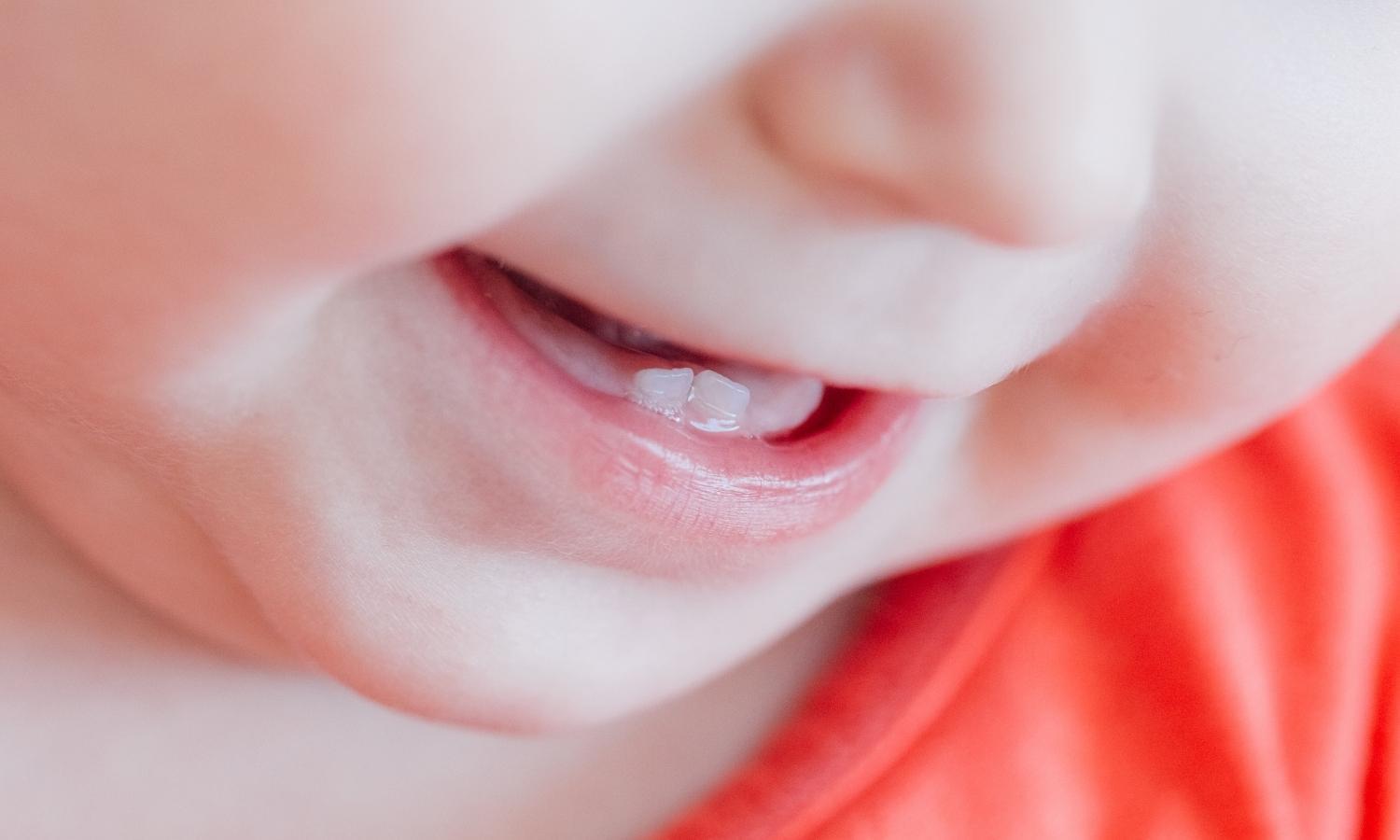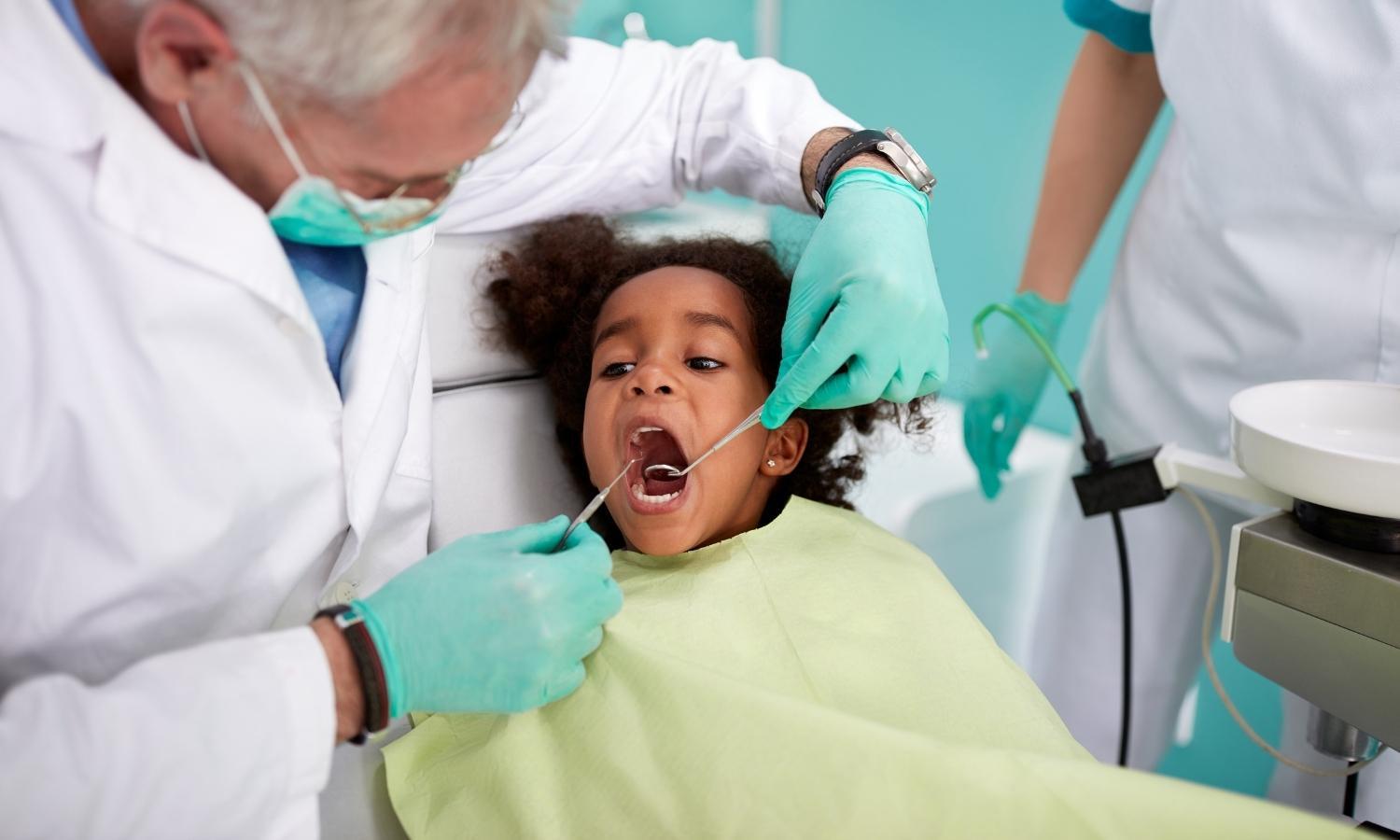Thumb Sucking or Pacifiers?
Babies suck — and that's okay. Babies are hardwired to suck on fingers or toys for comfort, to soothe themselves, even when they are not hungry. Some ultrasounds even show babies sucking on fingers in the womb. Many infants depend on pacifiers or thumbs when they are not nursing or enjoying a bottle. Yet, there are ongoing discussions regarding thumb sucking and sucking on a pacifier. Some are concerned about thumb sucking because it can alter the structure of a child's mouth if done excessively, but sucking on pacifiers can increase the risk of ear infections.
If you have questions about your child sucking their thumb or sucking on a pacifier, do not fear: All Stars Pediatric Dentistry is here for you. Learn more about thumb sucking and pacifier usage, and when your child's sucking habits should be checked by a dentist.
Thumb Sucking
Babies discover their thumbs pretty early on. Once they know how to find them, especially in the dark, thumb sucking is almost inevitable due to its convenience. Children will often cry in the middle of the night if — and when — their pacifier falls out, but a thumb is low maintenance and at easy access. Babies will, naturally, want to explore their bodies and experiment with their limbs, and thumb sucking is only the beginning to a child's taste-everything adventure.
However, it is the very fact that a baby's thumbs are so available that raises concerns. Children will transfer bacteria and viruses from different sources to their bodies, particularly their mouths. This makes thumb sucking the primary reason behind the presence of germs in your baby's mouth. Since their immune systems are still developing, infants and toddlers are more vulnerable to illnesses, leaving those who suck their thumbs at an increased risk of infection.
Pacifiers
Pacifiers can serve two purposes: giving your baby something to suck on and giving you more control over your baby's sucking time. Most infants don't like using a pacifier at first, preferring the naturalness of their thumbs, but you can transition your child from thumb sucking to sucking on a pacifier to provide better supervision. You can then take the pacifier away when you see fit.
Most notably, the American Academy of Pediatrics (AAP) recommends giving infants a pacifier at bedtime as protection against Sudden Infant Death Syndrome (SIDS). Unfortunately, SIDS remains the leading cause of death for infants outside the newborn period and we are still learning many of the risk factors. Recent studies encourage using pacifiers to reduce the chance of SIDS, though the reasoning behind it is still unclear. At the same time, pacifiers can increase the likelihood of ear infections, and a child's dependency on pacifiers may interfere with breastfeeding.
When Sucking Becomes A Problem
Again, sucking comes naturally to newborns and some babies choose not to suck altogether. The choice is up to them more than it is up to you. But, thumb sucking or sucking on a pacifier is not necessarily a problem unless it becomes an excessive habit. After permanent teeth grow in, sucking can interrupt proper mouth growth and teeth alignment. The intensity of the sucking also determines if there is a problem, as some aggressive thumb suckers or pacifier users may develop issues with their baby teeth.
Most children stop sucking their thumbs between the ages of two and four, though it is recommended to wean a child off from a pacifier before the age of two. Regardless of whether your child is a thumb sucker or pacifier user, they should eventually outgrow this habit on their own.
Visit Your Local All Stars Pediatric Dentistry
Have you noticed any changes in your baby's mouth or teeth? Is your child's thumb sucking or pacifier usage becoming exceedingly frequent? Then it's time for a consultation with a dentist at All Stars Pediatric Dentistry. It is important to have your child's teeth examined every six months. Here at All Stars Pediatric Dentistry, we will happily work with you and your child to address any thumb sucking or pacifier concerns. Contact us to schedule an appointment and to visit us in Cumming, Georgia today!

